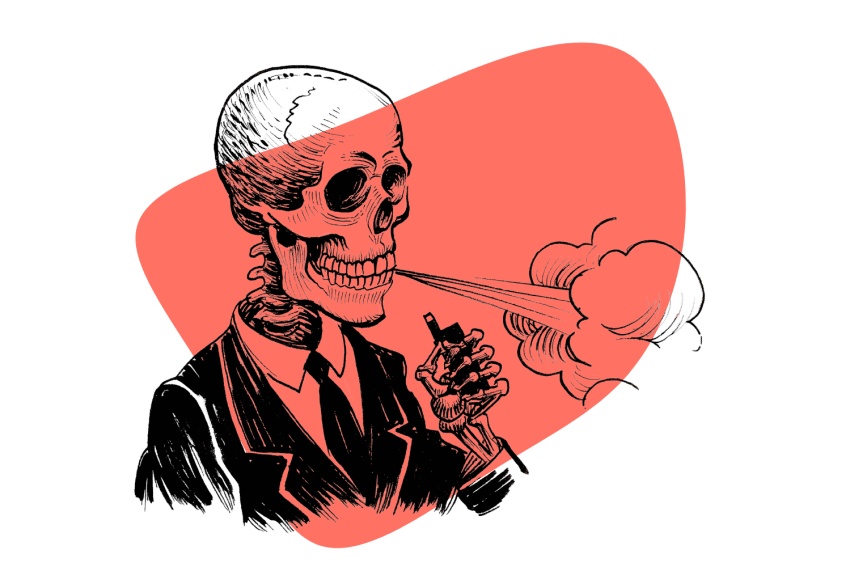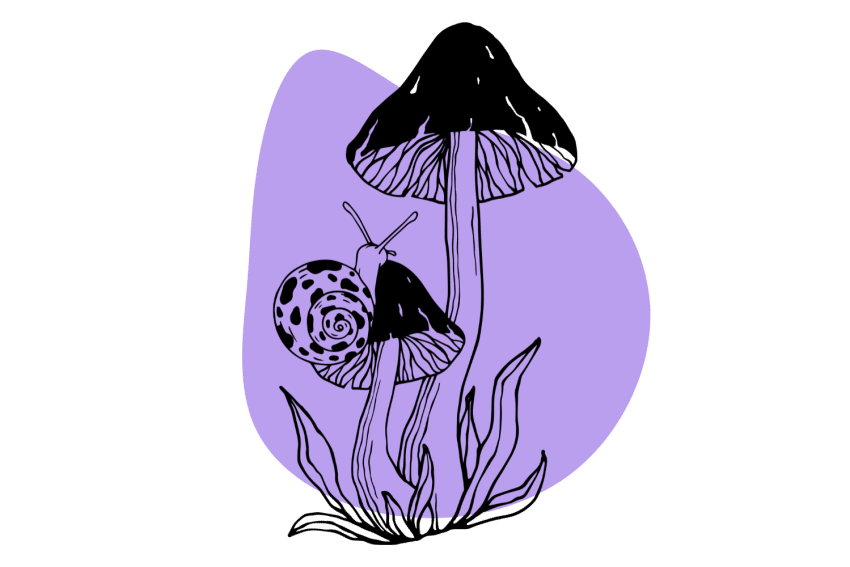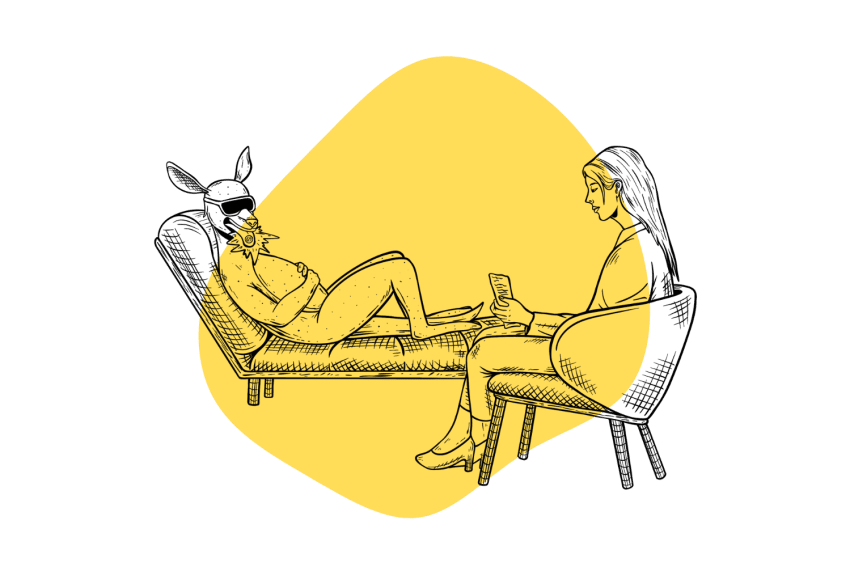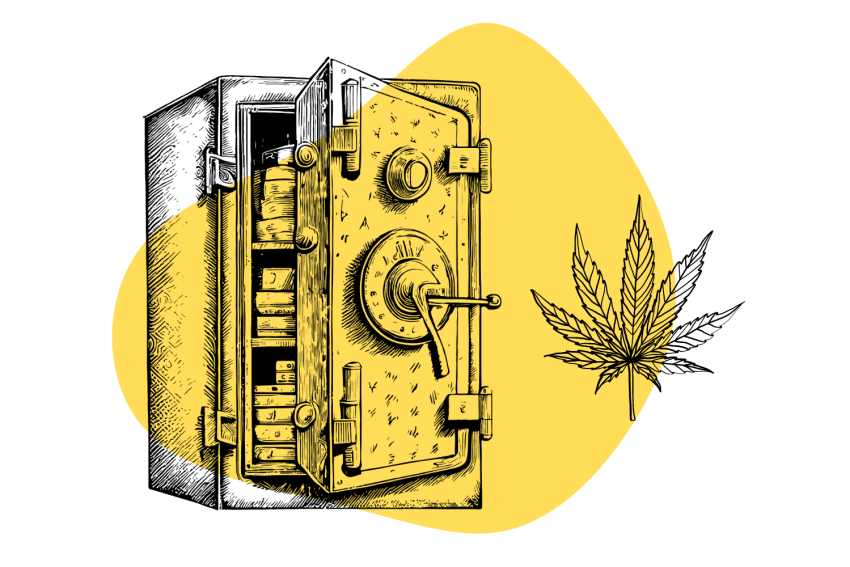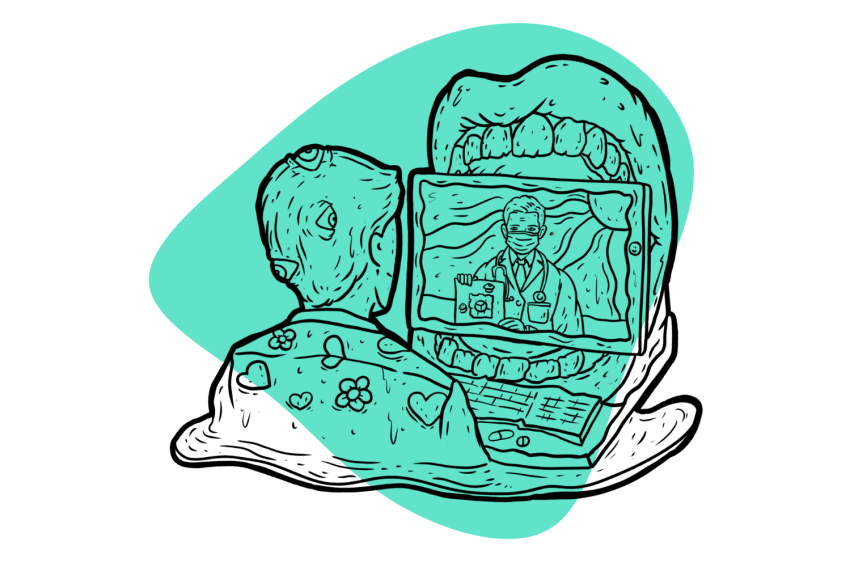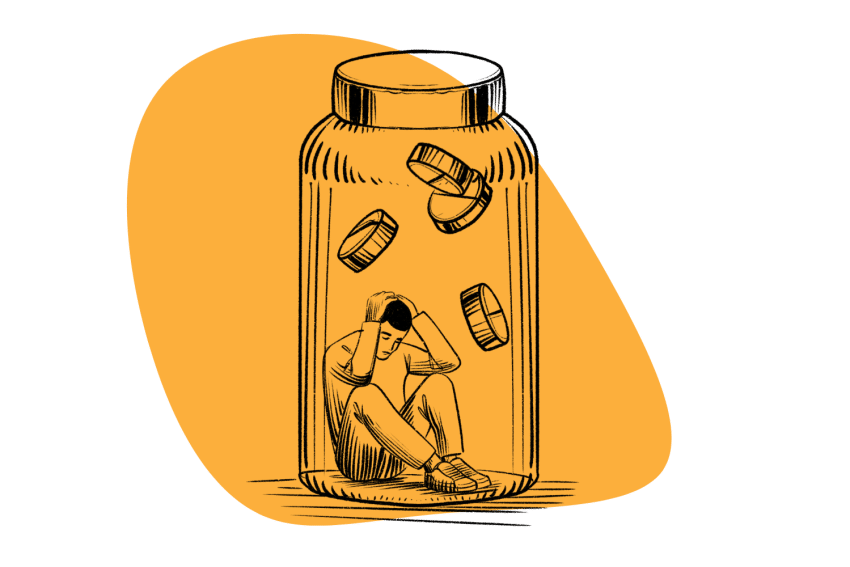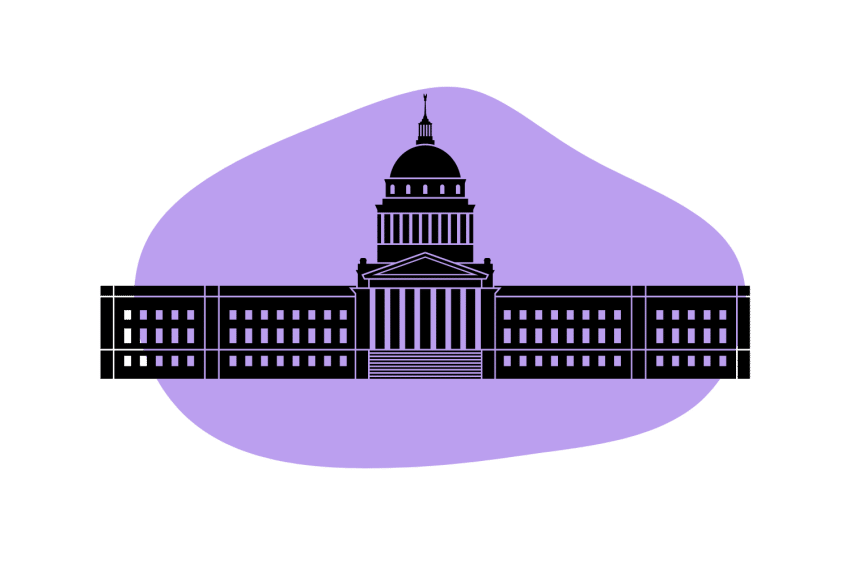ATAI Life Sciences Stock Plummets After R-Ketamine’s Failure
In January, ATAI Life Sciences announced a disappointing result from their long-touted novel form of ketamine. While this likely disappointed them, what it says about the corporate psychedelic world should upset us all.
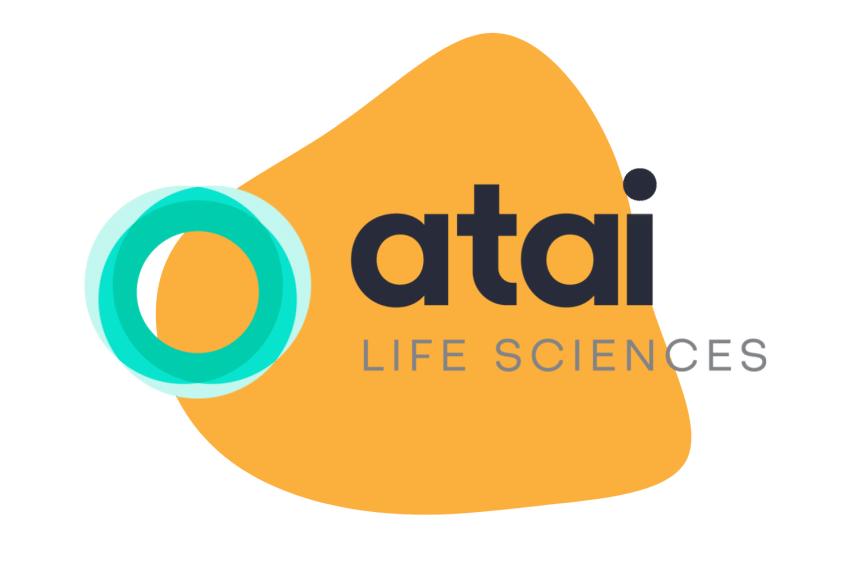
On January 6, 2023, ATAI Life Sciences — a biopharmaceutical company focused on clinical research — announced a significant failure. Their signature drug candidate, PCN-101 (R-ketamine), came up short in Phase 2a trials.
A two-week-long, double-blind, placebo-controlled study they performed through their subsidiary, Perception Neuroscience, found it didn’t outperform a placebo. As a result of this event, their stock price plummeted 40% before the stock market reopened the next day.
The company had touted this drug as a new solution to ketamine treatment and had put so much emphasis on it that investors seemed not to know what might be next for them. As of this writing, $ATAI is still down 32% from its price at the start of the year.
Let’s break down what happened and why it matters for the rest of the psychedelic world.
What is R-Ketamine?
2-Methylamino-2-(o-chlorophenyl)cyclohexanone (ketamine) exists as a mixture of arketamine (R-ketamine) and esketamine (S-ketamine.) As a mixture, ketamine has been around for decades, with generic and brand-name versions on the market.
On the other hand, S-ketamine entered the market in 2019 and is owned by Janssen Pharmaceutica (owned by Johnson & Johnson). Carrying FDA approval for use with depression, S-ketamine has a more rapid onset, shorter duration, and fewer side effects than racemic ketamine.
With a perfectly acceptable substitute for an already fantastic generic drug, you may wonder what the point is of creating another product from ketamine. The answer will not surprise you: money.
Why Was ATAI Life Science Creating R-Ketamine?
If we want to give them the benefit of the doubt, we could say maybe they sought to create something new — perhaps even better — with this endeavor and leave a mark on the psychedelics industry.
In fact, as of this writing, the “About Us” page for Perception Neuroscience still says:
Nonclinical studies suggest that PCN-101 (R-ketamine) produces more sustained antidepressant effects while causing fewer psychomotor and behavioral adverse effects at therapeutic doses and has a lower potential for abuse than S-ketamine or racemic ketamine.
Their press release announcing the failure had a very different tone and showed signs of trying to put out investor-led fires. Below is a section that would make a political speechwriter blush:
PCN-101 was generally well-tolerated with rates of sedation and dissociation comparable to placebo …
PCN-101 demonstrated an encouraging safety profile and signals of efficacy across all time points despite not achieving statistical significance on the primary endpoint. ATAI will further evaluate the PCN-101 data in more detail over the next weeks and will work with its subsidiary Perception Neuroscience to explore the next steps, including but not limited to seeking strategic partnership options.
In other words, “Our new drug didn’t work, but it didn’t make people sick, let’s collab.”
While their intentions are unknown, it likely showcases one of the more sinister aspects of the corporate side of psychedelics. The idea of innovation is rapidly falling behind the obvious tyranny of misusing patent claims for financial gain.
This rush for patenting psychedelics is the driving force behind R-ketamine and other meaningless attempts at novel psychedelics.
Why The Rush for New Compounds?
Novel compounds open up the door for new patents, and if you can get the government to approve them before drug reform takes place, you might just get exclusive rights to the psychedelic future. The more fundamental your patent is, the more widespread your claims will be.
So, if you can claim the drug a clinician uses — a patent can give you sole claim to the production and sale of that drug for 20 years — you control the foundation of the treatment. Patent claims extrapolate from there to include specific practices and get far more minute down to particular elements.
COMPASS Pathways recently published a patent that would — among other things — claim ownership of using muted colors in a psilocybin therapy session. This means any therapist wanting to operate with psychedelics would have to adopt hideous decor or pay a fee to COMPASS.
Whether this will become the case — or if it ever could — is still unknown, but the attempt alone showcases the problem.
Prohibition and the Ongoing Money Grab in Psychedelics
The original patent for ketamine came from Calvin L. Stevens out of Germany in the late ’60s — though it was not granted until 1973. As such, the patent is long expired, so generic ketamine is freely available. Yet only S-ketamine — courtesy of Johnson & Johnson exclusively until the late 2030s — carries FDA approval for depression treatment.
Those treatments, by the way, are also largely patented by Janssen Pharmaceutica / Johnson & Johnson. The only advantage S-ketamine has over ketamine is a faster onset and shorter duration.
Yet the lack of money to push a generic drug through FDA approval guarantees S-ketamine will be the only option insurance might cover. Some clinics may choose to go with ketamine and use it off-label — it’s currently approved as an anesthetic — but there’s no chance of insurance covering this option.
R-ketamine sought to create an opponent to S-ketamine — the only opponent — by isolating the other half of ketamine. From a business standpoint, seeing a field with only one product makes adding another option seem like a no-brainer.
Of course, if we had a drug policy revolving around the patient instead of the shareholders, there would be a push to get ketamine approved for treatment and insurance coverage.
Criminalizing drugs only encourages the creation of more drugs, and as soon as the money shows itself, it’s an all-out war. People are currently working on psychedelics that don’t cause a psychedelic effect, are identical to existing drugs, and other substances we don’t need to funnel money into.
A Search for Better Psychedelic Drugs or A Shameless Money Grab?
ATAI Life Sciences is, of course, not alone in trying to create novel psychedelics for the singular cause of earning profits. Like the rest, they lead with a promise to create something better, more impactful, faster-acting, with fewer side effects, etc.
The basis for these claims is theoretical at best and often falls short of being even hopeful. It’s no secret drugs can be profoundly more powerful than we realize with just a few small tweaks.
When Albert Hoffman synthesized lysergic acid diethylamide (LSD), he did so by refining the ergot molecule in a fungus to create something far more powerful, potent, and safe. After all, ergot might have helped lead to the Salem Witch Trials, and, whatever you might think of LSD, it hasn’t done anything that bad yet.
Right now, the focus is mostly on finding something comparable or less effective because the real item is illegal and carries a stigma. It would be nice if we could experiment with forms of psilocybin with varied durations, potencies, and effects, but there simply isn’t a demand for this yet.
Currently, the broadest market available centers around classic psychedelics at standard potency. Then, if you can prove your novel compound works in a clinical setting, you can patent this, too, along with any research methods you might have used in your study, the treatment methods, and more.
As long as medicine incentivizes creating the most money for companies, it will also encourage creating and patenting the most expensive treatments possible. If we could remove money from the equation, the desire to push for treatment with generic options or to create simple derivatives of existing drugs would take its place.
Final Thoughts: Prohibition’s Effect on the Legal Market
We talk a lot about how prohibition fuels illicit activities and creates a vacuum for crime and power, but we often overlook how it affects the corporate world. Several companies are vying for the opportunity to push through as many patents as possible.
Nearly fifty publicly-traded psychedelic companies exist, and all have one goal: improving profits to please shareholders.
The biggest successes of these opportunists will control large swaths of the regulated market as it comes to light. R-ketamine and S-ketamine took a singular patent which has long expired and broke it into two new, unnecessary ones.
Esketamine is nearly 166x more expensive than generic brand ketamine, and the discrepancy will likely only rise over time. Until prohibition is over and drugs accessible to the people who need them, there is no fair way to patent these drugs.
It’s time to move the motive from money to people and flow outward from there.

